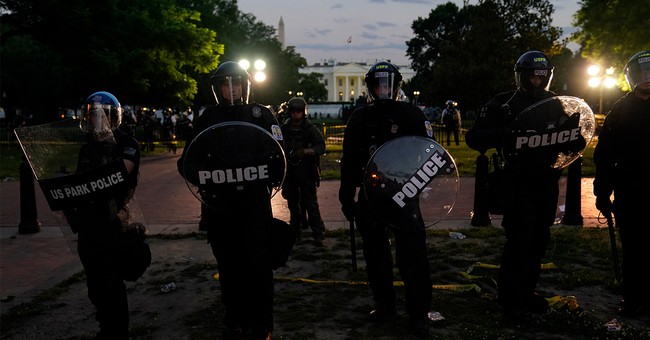
More than an opposition narrative there is evidence that voters want stronger authority in times of rioting.
If you saw Night-1 of the GOP presidential convention you noticed a narrative emerging of a call of support for the police and an emphasis on the rule of law. Yes, this is obviously in response to the months of lawlessness we have watched playing out across the country, but there is more at play with this agenda than merely opposing the permissive attitude of the Democrats. This is a cagey political move.
Now on the surface it strictly appears as the two parties staking a claim on either side of the fence on an issue. While it is an appeal to the base merely taking up with entrenched party policy is not enough. In order to sway those undecided voters who are not in the camp already is a key, and we saw that on display last night with this messaging.
From the open Representative Matt Gaetz set the tone, and this message was called back by Donald Trump Jr. and by Parkland parent Andrew Pollack. What you heard though was not an insistence that those Democrats want riots, but instead a clearly established call for order and the need to ensure the safety of our citizens. This was an intentional narrative, one that reaches beyond partisan appeal.
Much of this is revealed by research that comes out of Princeton University’s Political Department. They conducted a study that looked into the influence that public demonstrations had on the populace and how they might have influenced elections. The results speak clearly to what the GOP effort was that we watched last night.
As a measurement the study looked back over 50 years ago, beginning in the time of the passage of The Civil Rights Act. What was analyzed was the amount of influence protests may have exerted, and then also to see if there was a similar or different result when those activist gatherings might have developed into riots. The end results reveal plenty.
In the times of protests public support was realized and there was a noted positive result for the Democratic Party, in the realm of two or three percentage points. In the times when the demonstrations boiled over and morphed into riots the opposite effect was realized, and the Republicans experienced the advantage in the election results.
More than this becomes revealed in a pair of charts that measures voter interest regarding these two social influences. In measuring the levels of the activism, media coverage, and public response you see that all three items essentially run parallel. The peaceful demonstrations delivered an increased interest in civil rights with the voting public.

As the protests eased off so too did the media coverage as it stands to reason, and the public interest/support also began to wane, falling eventually to near-zero which matched pre-demonstration levels.
There is a significant difference seen however when measuring the effects the riots have on the public consciousness.

As all three lines spike in the same fashion what is notable is that as the riots and media coverage ebb away the public interest falls only so far, achieving something of a plateau. The desire for what the study calls ”social control’’ shows retention at a level above the riots and coverage for years remaining. Of particular note this is also at a significantly higher level than there had been prior to the riots.
One reason could be that in the matter of civil rights it might be a case of the public being made aware of an issue that stands apart from their personal station in life. You can learn about and even support the cause another demographic may be experiencing but there is a challenge to keep that as a lasting top of the mind issue. The riots instead might spark the reaction to protect oneself and family, and this becomes a more personal, and thus more lasting issue in the mind of voters.
Pay attention to more of the narrative going forward this week as the speakers bring up the topic. Less discussion about what ”they” are doing or not doing is less important; the better aspects for voters to be drawn to will be concerning what Trump and the GOP intend to install to better protect the citizenry. Not only does the party stand to gain this election but the topic is one that voters retain in the years going forward.
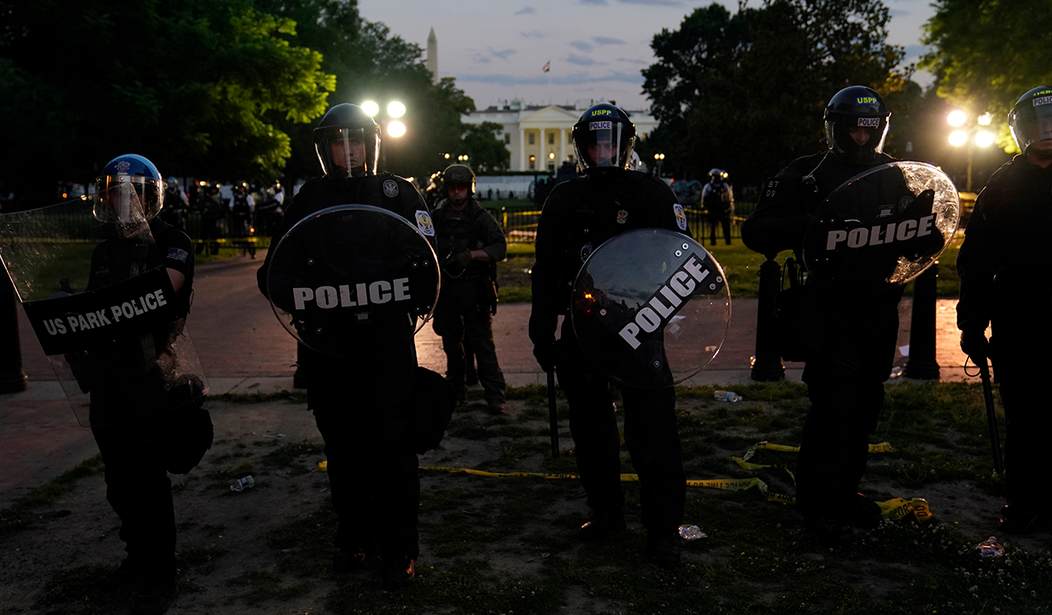

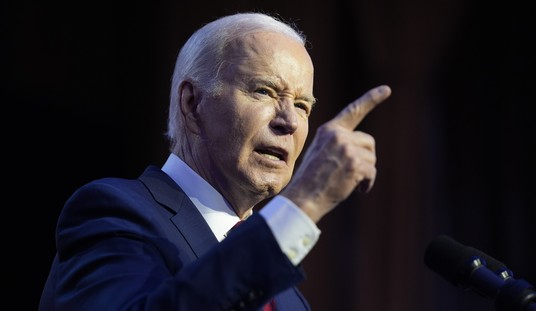
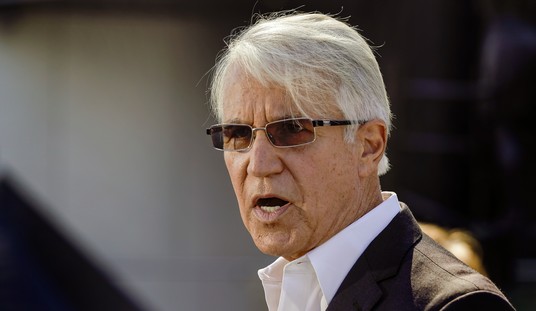
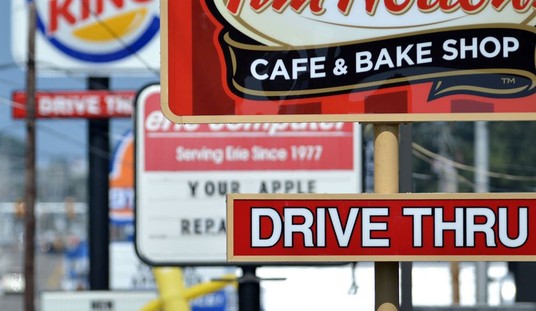
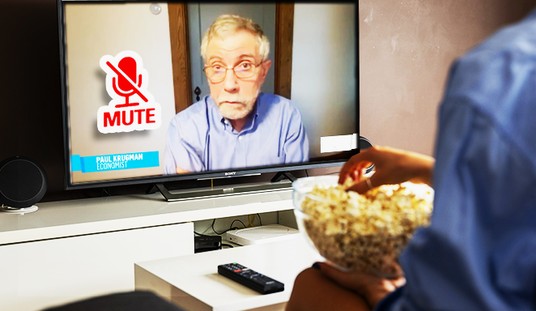
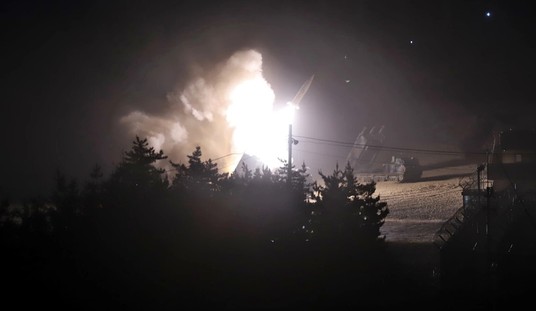


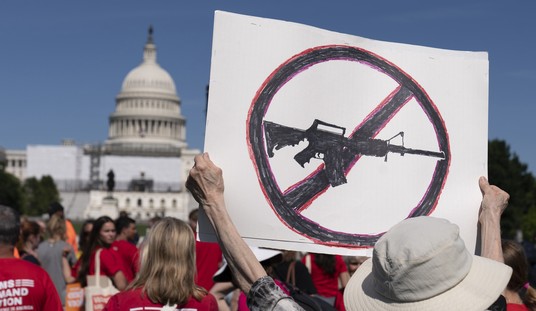
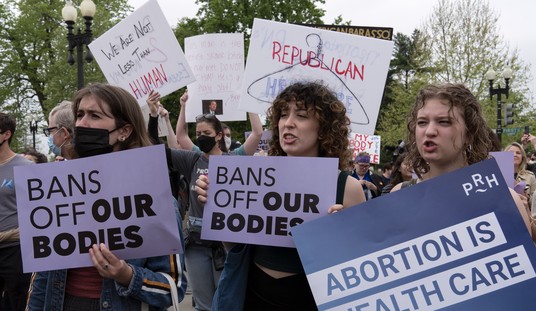
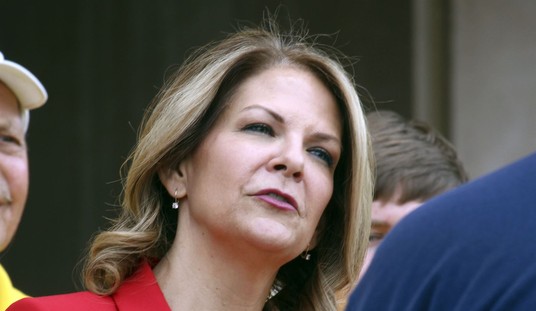


Join the conversation as a VIP Member